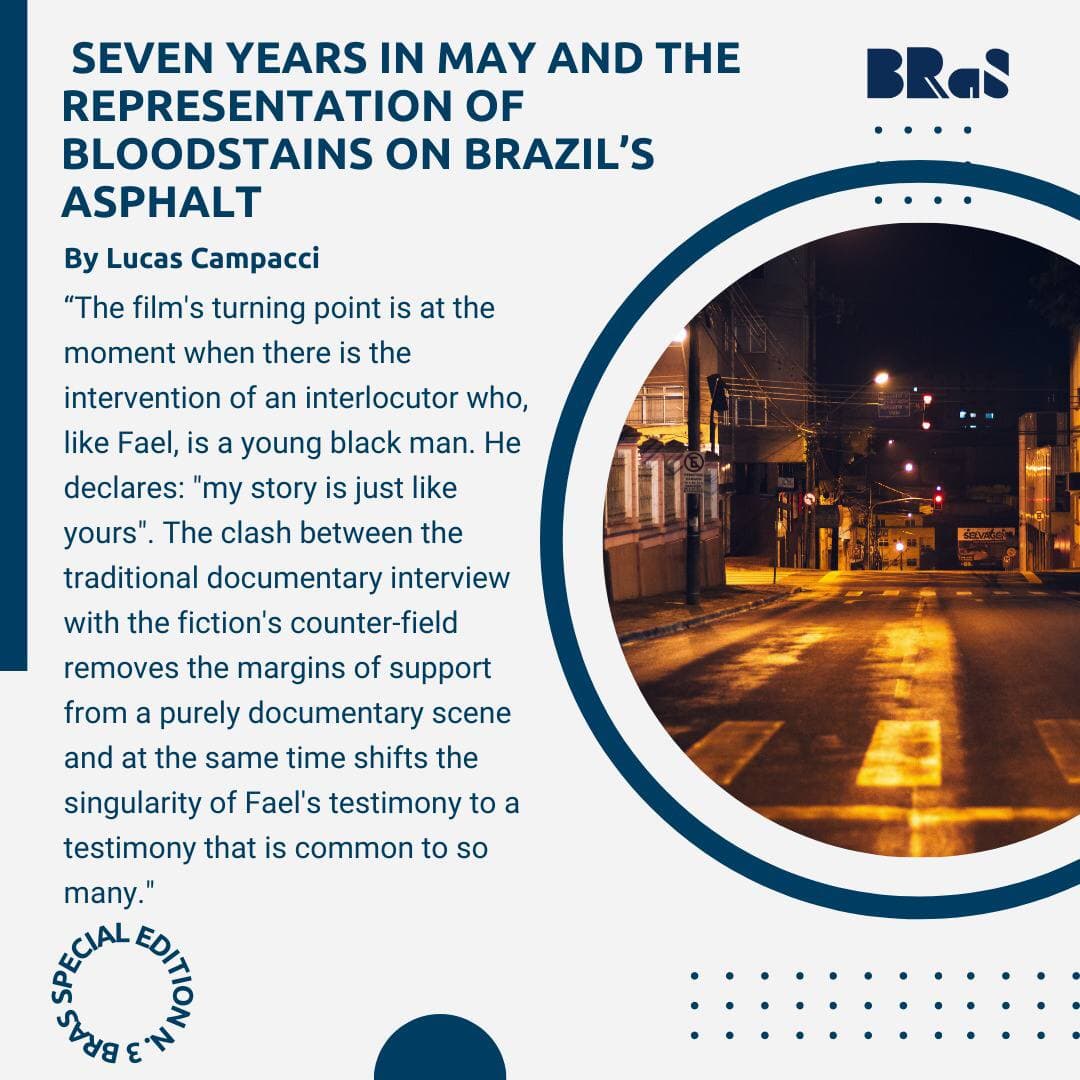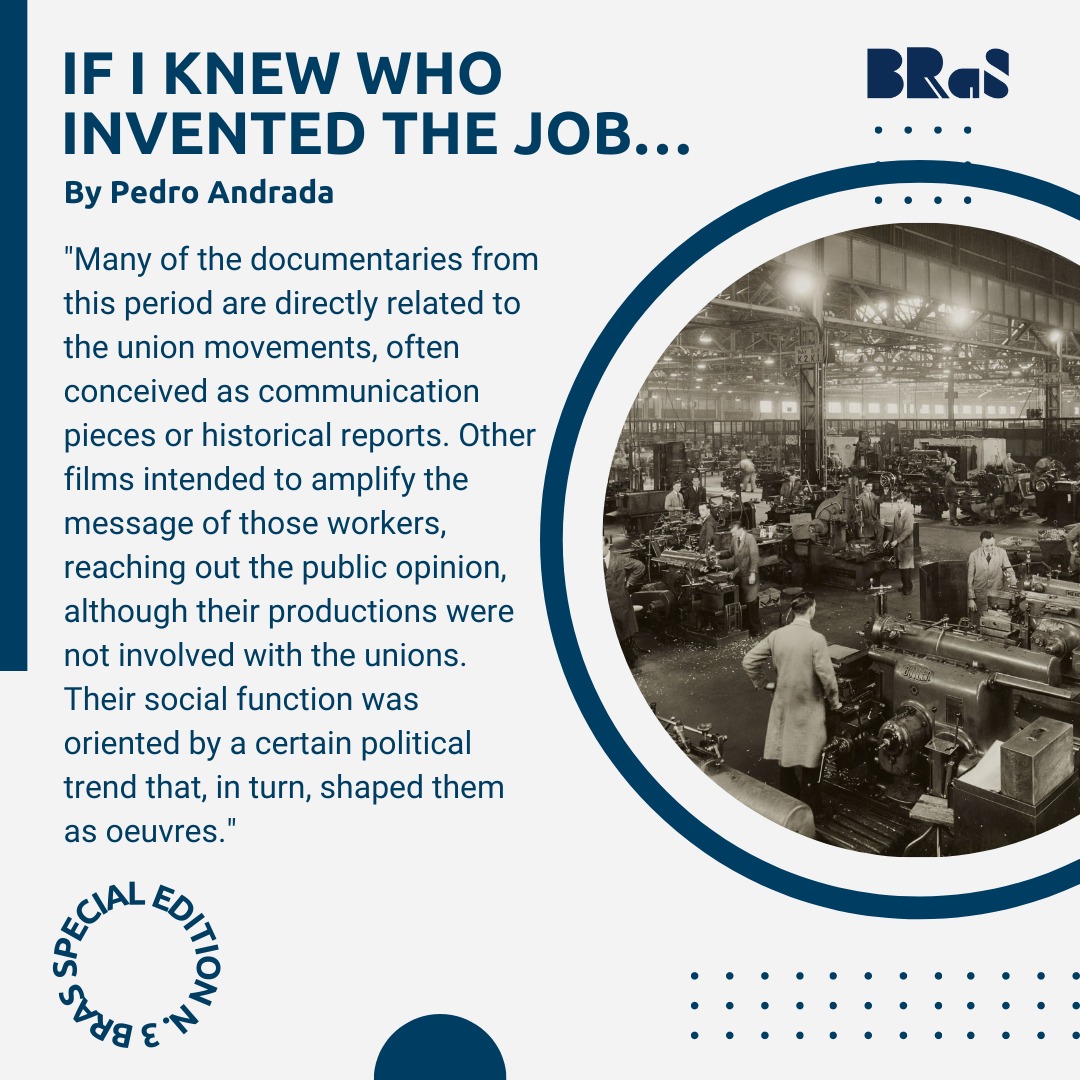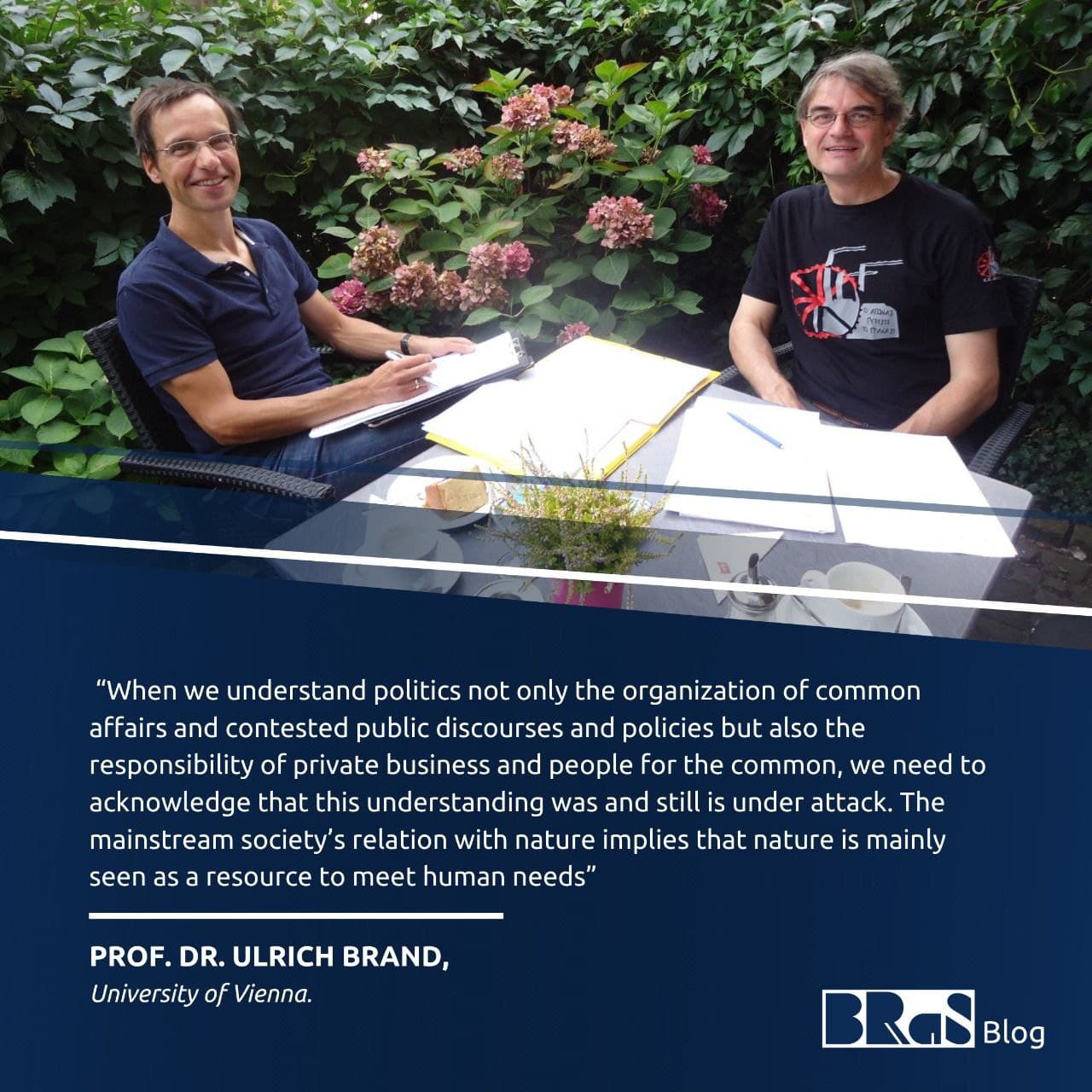by Dr. Carolina Salgado*
Edited and reviewed by Anna Paula Bennech and Giovanna Imbernon
Organized by Dr. Luiz Eduardo Garcia da Silva
After fifteen months of a deadly pandemic that has killed more than 500.000 Brazilians, the international media has been steadily reducing the country’s appearance. Some of the most highlighted headlines by the media reported endless incentives and purchase of chloroquine by the Federal Government or measures to put herd immunity by contagion in practice with an already well-documented necropolitics that is widely implemented against indigenous and black people. In parallel, for experts and politicians from both inside and outside, it is clear that Brazil was not meant to be on the very bottom of the international ranking[1] regarding preparedness and effectiveness to counter the pandemic, considering its Universal Health System (SUS, in Portuguese) and its performance in the last HIV pandemic between 1990-2005. A great number of Brazilians[2] and the world are simply tired of the relentless negationism of Bolsonaro and his dwindling clan[3] as an engine for the country throughout these times.
However, and beyond the pandemic, there are still two relevant questions: what is negationism, and how could it become a politically feasible alternative in Brazil? The relevance of both questions lies in needing to draw a framework able to offer some sort of sense for the sequence of events, statements, policies, dismantlement, and norms that have been developing since January 2019. And such a need, in turn, is justifiable insofar, domestically, finding no meaningful explanations for the daily controversies and divergences produced by the official narrative – which puts into question the findings and recommendations from the World Health Organization (WHO), scientists, foreign universities and so on. Those who do not support Bolsonaro end up calling him crazy, ignorant, and, more recently, genocidal – though uncertain what actually substantiates the accusation. Internationally, it is of utmost importance to keep a perspective on the deeply confused context in which such popular discourses are inserted and, besides that, to go beyond the dispute of narratives, accessing and discussing conceptual frameworks that may provide possible explanations for Brazilian everyday politics and current foreign policy.
With these goals in mind, the main contribution of this paper is to outline one conceptual framework (or rationality) that brings together the two subsequent reflections on the Brazilian foreign policy (BFP) that constitute this Special Edition, concerning regional integration in defense and security, and trade and economy under Bolsonaro. It does not aim to be exclusive; on the contrary, such framework engages with the existing discussions about how to understand the unprecedented turn that the world is witnessing regarding the BFP. For instance, within the scope of its positioning in the UN General Assembly, statements about gender relations, indigenous and the environment, positioning in the global health system concerning intellectual property and the WHO, and regional integration.
As for the first question – what is negationism? – the broad definition of the term varies according to the field of study. For example, in psychoanalysis, Freud’s “problematique of negation” is the reference to contrast negation to negationism. While the first means “a mechanism of self-defense in the face of pain, which requires prior affirmation and implies psychic vulnerability,” the second is “a political movement or social tendency that inspires combat when deliberately denies historical facts and scientific evidence by means of rhetoric resources, with the objective of producing ignorance and uncertainties among the public opinion.”[4]
For historians, negationism often appears beside ideological revisionism, and both are contrasted to historiographic revisionism. According to Marcos Napolitano, professor in the Department of History of the University of São Paulo, “ideological revisionism is often the anteroom of negationism, as the first means the deconstruction of historical information (but not necessarily the fact in itself) and problematization of consensus, whereas the second – which has its origins in the Holocaust and, since then, is characterized by an organized social basis – means the complete denial of an epistemologically proved object for the sake of safeguarding economic and ideological interests.”[5] In common, both strands see in negationists a reaction to a self-perceived practice of silencing (or non-recognition) imposed upon certain groups by the authorized voices, such as scientists and academics, and that negationists act through inducting uncertainty among the public opinion.
Needless to say, the object at stake varies from the Holocaust denial[6] to climate change[7] and the current Covid-19 pandemic. As we are not focused on possible objects – but on broad features of negationism as a social and political movement regaining centrality in the public sphere around the world nowadays –, we believe it is helpful to set some of its instruments and outcomes apart. Our sources are media outlets, international organizations, scientific communicators, and political analysts raising elements and phenomena correlated to negationism. Therefore, in order to build our framework, we indicate below (Table 1) some instruments and outcomes of negationism, followed by a preliminary discussion focusing on those features that, according to our interpretation, best contribute to the understanding of Brazilian everyday politics and current foreign policy:
Table 1. Instruments and outcomes of negationism in 2020-2021
[INSERIR TABELA]
How could negationism become a politically feasible alternative in Brazil?
Our discussion departs from the analyzes of extreme political ideologies. They have been done mainly by political scientists and sociologists concerned with the rise of far-right leaders and electoral parties worldwide. For instance, these analyses dispute the concept of populism insofar as it can overlap with extremism and pinpoint the role of nationalism/chauvinism in both cases. Nonetheless, under another perspective, we find in van Prooijen & Krouwel (2019) a study about the psychological features of extreme political ideologies that is useful to our argument. The authors highlight psychological distress, cognitive simplicity, overconfidence, and intolerance: one easily recognizes all four features in Bolsonaro’s personality, strategies and discourses.
Back to the table, although the four areas in which we indicate instruments of negationism are intertwined and also present in Brazil, we argue that ‘area 3: leadership’ is the starting point to understand how domestic and foreign policies are entangled in an agenda of particular economic and ideological interests in Brazil over Bolsonaro administration. To guarantee that such an agenda would be carried out, he has concentrated on fostering those four psychological features of extremism (in van Prooijen & Krouwel, 2019) among his 30% of the electorate, perhaps reaching even more people who distrusted institutions of liberal democracy (‘area 2: institutions’).
Such a strategy has been ongoing since at least 2016 and had its peak in March 2020, with the Covid-19 outbreak. For example, by discursively (and often practically) confronting Governors and Mayors, as well as the Supreme Court (STF, in Portuguese), on a daily basis, Bolsonaro foments institutional conflict and distrust, leading to a breakdown of social cohesion. By buying and encouraging the consumption of hydroxychloroquine as part of a preventive treatment that never exists, not to mention the plan of herd immunity by contagion, Bolsonaro discredits science and promotes what we called ‘the politics of alienation,’ which is close to Freud’s sense of negation. Finally, by producing intentional enemies, such as João Doria (Governor of São Paulo), the WHO, China, and the press, Bolsonaro offers a simpler solution that emphasizes individual freedom and economic survival, spreading negationism and conspiracy theories among the people.
The outcomes are a deep social division[8], the strengthening of individualism, and conflicts with different religious and cultural beliefs through online social networks. Furthermore, the proliferation of fake news and misinformation in the digital space reinforces the difficulty of discernment among people. Therefore, those negationist practices and discourses are all but selfless or naïve: besides promoting uncertainties among the public opinion, they mostly aim at keeping the 30% of his electoral basis busy, revolving around the outcomes of negationism, while Bolsonaro, his clan, and parliamentary coalition go ahead with their economic and ideological interests.
References
- Online
Infodemic. World Health Organization, in: https://www.who.int/health-topics/infodemic#tab=tab_1
A importância da CIÊNCIA em tempos de negacionismo | Natalia Pasternak e Leandro Karnal: https://www.youtube.com/watch?v=xpAQE7m8w4Y
https://www.metropoles.com/brasil/o-discurso-negacionista-nao-se-sustenta-mais-diz-maria-homem
Live – Negacionismo científico e movimento anti-vacina: efeitos na ética do cuidado: https://www.youtube.com/watch?v=GyhtMPTcJsU&t=4654s
http://www.ihu.unisinos.br/78-noticias/599535-o-negacionismo-nao-e-novidade
“Estamos em negação sobre o negacionismo?”, de RODRIGO NUNES (Prof. Filosofia, PUC-Rio) https://piaui.folha.uol.com.br/materia/o-presente-de-uma-ilusao/
O Bolsonarismo, com Lilia Schwarcz (Historiadora e Antropóloga) e Marcos Nobre (Cientista Político), em: Pública+10 | O Bolsonarismo – Com Lilia Schwarcz e Marcos Nobre
https://www.radicalphilosophy.com/article/of-what-is-bolsonaro-the-name
- Articles
Jan-Willem van Prooijen & André P. M. Krouwel, “Psychological Features of Extreme Political Ideologies”, Current Directions in Psychological Science 28(2), pp.159–163, 2019.
Pierre Vidal-Naquet, “Os assassinos da memória”, 1988.
Letícia Cesarino, “Como vencer uma eleição sem sair de casa: a ascensão do populismo digital no Brasil”, Internet & Sociedade, pp.94-115, 2020.
[1] See the Lowy Institute’s updated country comparisons at: https://interactives.lowyinstitute.org/features/covid-performance/#rankings
[2] As of July 2021, disapproval of the Bolsonaro government rises and returns to its peak. The President’s administration is disapproved by 61% of Brazilians; for 55%, Bolsonaro’s work is bad or terrible. In: https://www.poder360.com.br/poderdata/poderdata-reprovacao-ao-governo-bolsonaro-sobe-e-volta-ao-apice/. Access on 20 July 2021.
[3] Bolsonaro’s clan is mainly composed of his sons Flávio, Carlos and Eduardo, all three elected and holding public positions; the Minister of the General-Secretariat of the Presidency Onyx Lorenzoni; the Minister of the Office of Institutional Security of the Presidency Augusto Heleno (Army Reserve General); the Secretary of Government Luiz Eduardo Ramos (Army General); the Minister of Defense Braga Netto (Army General); the former Minister of Health Eduardo Pazuello (Army General); the Prosecutor General Augusto Aras; and the Minister of Justice and Public Security André Mendonça.
[4] Maria Lívia Tourinho Moretto, in: https://www.youtube.com/watch?v=GyhtMPTcJsU&t=4654s.
[5] In: http://www.coc.fiocruz.br/index.php/pt/todas-as-noticias/1930-aula-inaugural-aborda-negacionismo-e-revisionismo-ideologico.html#.YNtlE_lKg2w
[6] For more information on a methodological research about the Holocaust denial, see VIDAL-NAQUET, Pierre, “Os assassinos da memória”, Campinas – SP, Ed. Papirus, 1988.
[7] For a critical analysis of the climate change denial, see DANOWSKI, Deborah, “Negacionismos”, Série Pandemia, SP: N-1 Edições, 2020.
[8] On Brazil’s polarization, see the piece of Oliver Stunkel at: https://carnegieendowment.org/2021/02/17/brazil-s-polarization-and-democratic-risks-pub-83783
* Carolina Salgado, Brazilian, Associate Professor at the Institute of International Relations at PUC-Rio. Ph.D. in International Relations with a post-doctorate at the interface between public and international policies. From 2014-2018 she was a fellow at the GIGA-Hamburg, and currently, she is conducting post-doc research in History of Science and Health at COC/Fiocruz. Her main topics of interest are: Global Health; History of Science and Health; Contemporary History of International Relations; European Union-Latin America relations; Foreign Policy Analysis; International Organizations. E-mail: carolpuc2012@gmail.com.








